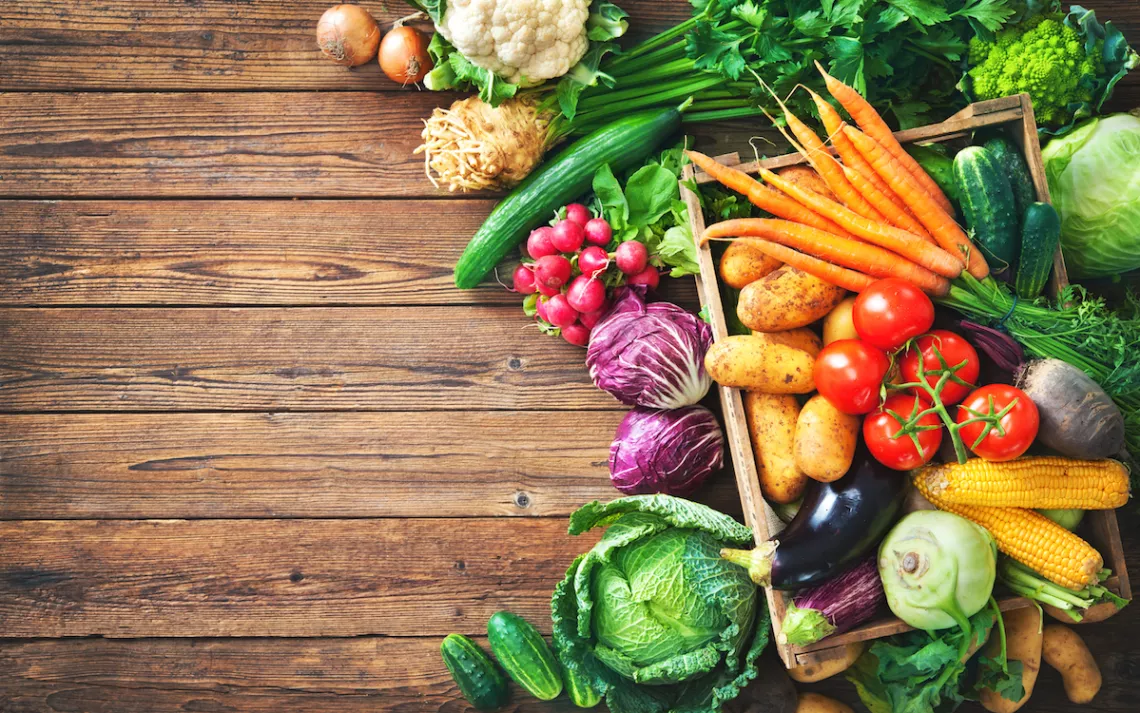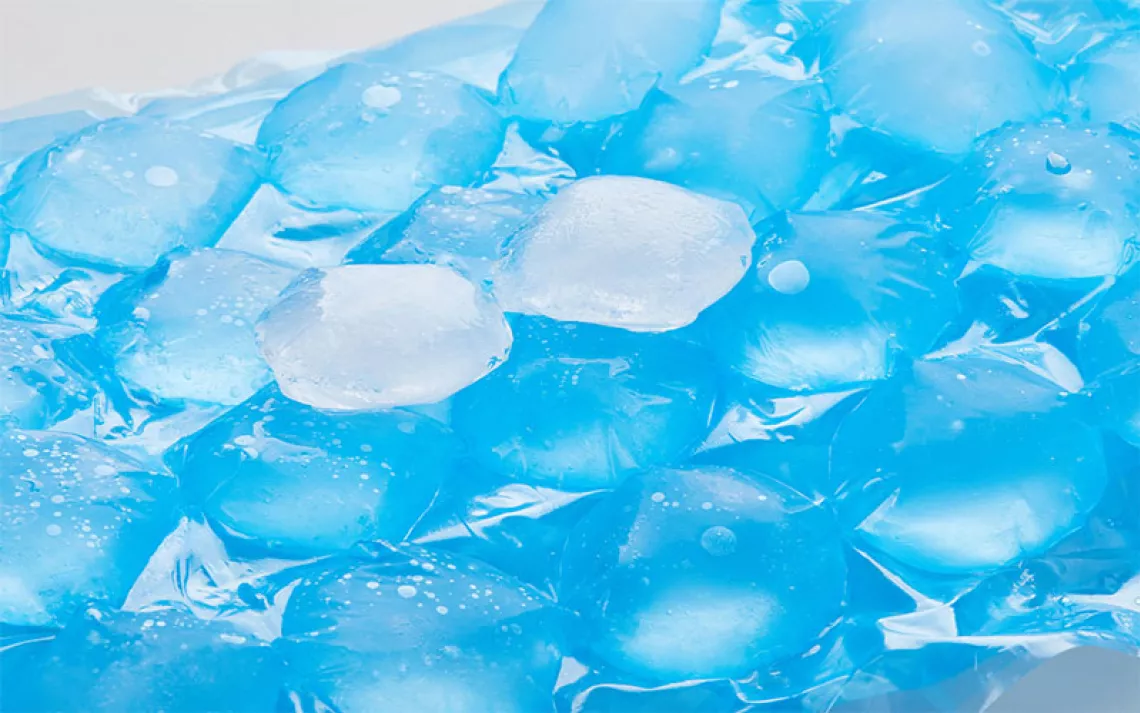What's Better for the Environment, Fresh or Frozen?
It depends on what you're buying, from where, and when you're buying it

Photo by AlexRaths/iStock
Hey Mr. Green!
I live in a rural location in northern Michigan and buy pantry goods and fresh produce at a local store. Is my carbon footprint smaller if I purchase fresh fruit and veggies or frozen produce? I normally buy fresh, but the frozen products are good in quality and price.
—Michele in Brimley, Michigan
The answer depends on what you're buying and the time of year, how far it's been shipped, and whether it arrives by rail, road, water, or air. More than 30 percent of our vegetables and 50 percent of our fruit is now shipped from other nations. Shipping imported produce by air has the biggest carbon footprint, because it can require almost 24 times more energy than rail transport and emit 42 times more carbon dioxide than a ship hauling the same cargo.
Find out what is grown close to where you live. When fruits and vegetables are not in season in your region, importers typically use airplanes to get that produce to you. For a helpful list of when fruits and veggies are in season, go to bit.ly/fresh-frozen.
Sometimes, frozen food offers better nutrition than fresh, especially when fresh produce is shipped long distances. The freezing process typically keeps nutrients intact; if fresh produce is in transport and sitting on grocery shelves for days, it can lose those benefits. One study found that fresh broccoli harvested out of season and shipped retained only half as much vitamin C as broccoli grown in season and closer to home. Researchers also discovered that the nutrient content was higher in some frozen broccoli, corn, green beans, and blackberries than in their fresh counterparts.
 The Magazine of The Sierra Club
The Magazine of The Sierra Club



